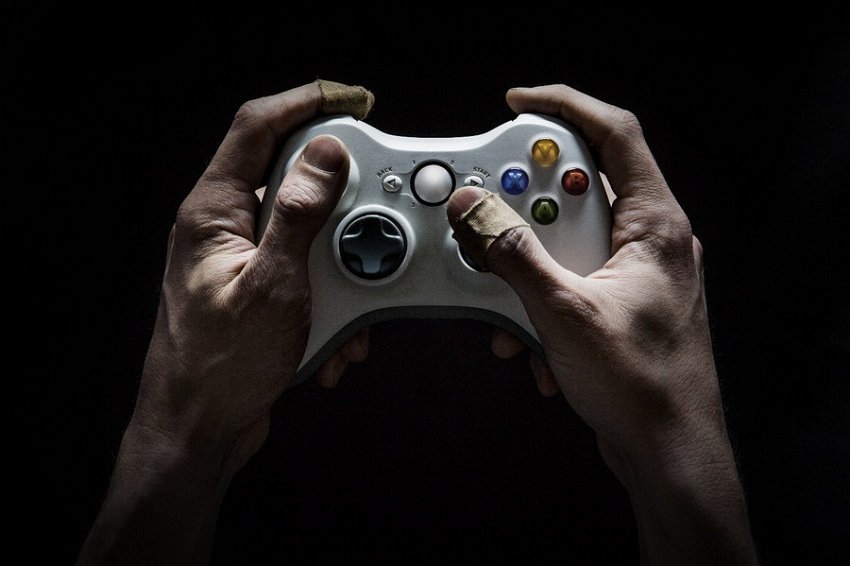Video game addiction is a growing concern in today’s society, affecting millions of people worldwide. Although it can be a fun hobby for many, for some it can destroy their mental and physical well-being. The increase in the popularity of mobile gaming has unfortunately contributed to the rising numbers, with the World Health Organization estimating that around 3-4% of gamers experience some form of addictive behavior.
Video Game Addiction: Tell-tale Signs, Prevention and Cure
It’s undeniable, gaming is fun. However, as enjoyable as this pastime may be, it’s also important to be self-aware and understand that like with everything in life, moderation is key. While it’s true that addictive behavior is generally associated with substance abuse, there are other forms of non-substance addictions people need to be aware of and these include food, internet, shopping and gambling addiction. Of all these, gambling addiction may bear most similarities to gaming addiction, despite the fact that there's a fair amount of risk with the former, since the temptation of winning real money through US no deposit bonus codes may not be there…
From World of Warcraft to Candy Crush, as a gamer it’s easy to spend hours on end playing your favourite games, however, it’s important to know what to look out for to ensure your hobby remains healthy and not problematic. Follow our list below of the most common signs of a gaming addiction so you can act now before it's too late.
Emotional Symptoms
A gaming addiction can lead to a slew of emotional symptoms which could impact players' relationships, work opportunities and quality of life. Due to the constant stimulation video games provide, players may become restless when not at their screens, finding it difficult to stay in one place for a length of time without pacing or fidgeting. This could become a cause of concern if they are unable to complete a simple task without becoming visibly frustrated.
Problems may also arise when the player becomes increasingly more dependent on gaming, displaying signs of aggression if they are kept away from it. This could drive solitary behaviour, with players removing themselves from social situations to hide from judgement and continue to indulge in their addiction. Withdrawing from friends and family is a call for action as the more isolated the player becomes the harder it will encourage them to seek the required treatment.
Physical Symptoms
Ad
While many of the emotional symptoms of gaming addiction may remain concealed for quite some time, the physical symptoms are easier to spot. Playing games for hours on end can have a severe impact on a player’s sleeping schedule which could leave them feeling fatigued and unable to go about their day regularly.
Lack of sufficient sleep could lead to poor performances in school and at work which could have a detrimental impact on the player’s future and financial stability. Recent studies have also shown a rise in deaths caused by gaming-related fatigue, characterized as ‘sudden gamer death’.
Non-stop gaming could also impact the player’s joints due to the repetitive and rapid movements of the wrists, fingers and forearms. If not treated this could easily develop into carpal tunnel syndrome, which can cause uncomfortable pain and a tingling sensation in the fingers and hands.
Players could also suffer from poor hygiene as it no longer becomes a priority when they are consumed by their addiction. Some e-sports competitions have noticed this as a sign of gaming addiction and have even disqualified players for exhibiting poor hygiene.
Prevention
While the exact cause of gaming addiction is debatable, there are a few techniques you can use to help keep your gaming from falling into dangerous territory. The first course of action is to exercise control over your hobby and not let it take over your life by setting time limits and sticking to them. Playing your favorite game for a few hours may not seem like a big deal at first but if it starts to become your number one priority then you have a problem.
Another way to exercise self-restraint is to keep all gaming consoles and gadgets in a common area of your home and not in your bedroom. This will make it harder for you to play throughout the night and will make others around you aware of your gaming habits. However, if you do feel like you are becoming increasingly addicted to gaming it's important to remember you are not alone and that there is professional help available if needed.






— Comentarios
0Se el primero en comentar